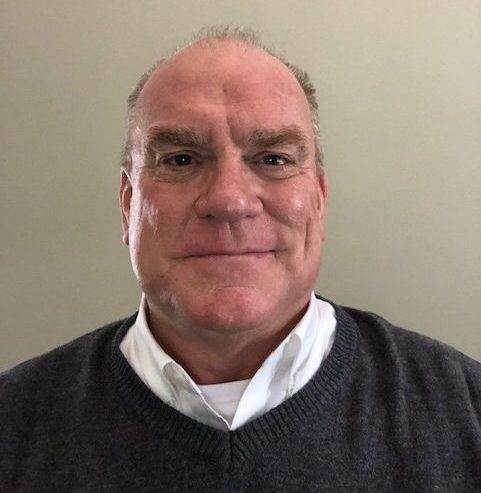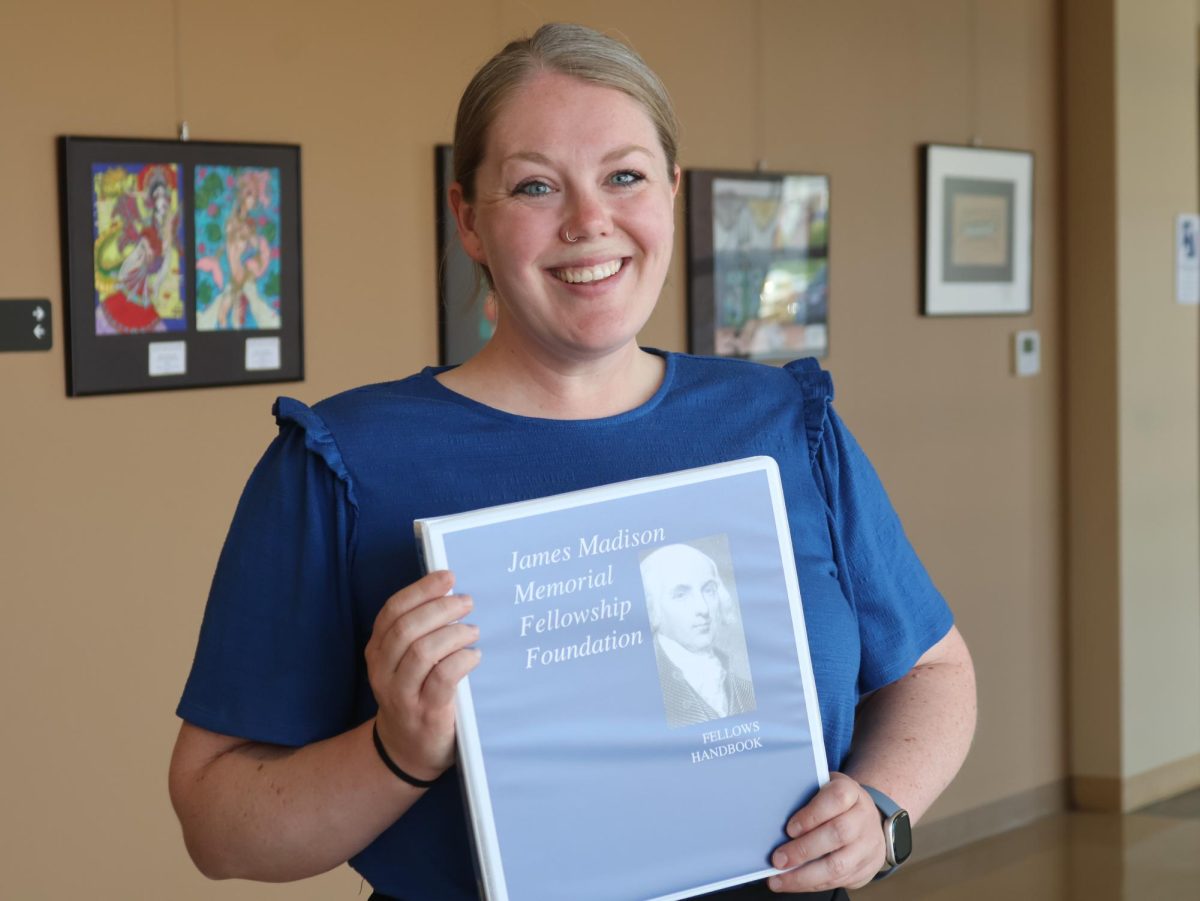The Metropolitan St. Louis Sewer District Board of Trustees granted merit-pay increases to its top two administrators last week, saying they have met all their goals for the year.
Executive Director Brian Hoelscher, who was promoted from engineering director last July, will receive a $4,625 increase in pay to $189,625.
Secretary-Treasurer Brenda Schaefer will receive a $3,750 increase to a salary of $153,750.
“I and the board are well aware that there are some who object to these raises, if for no other reason than they are raises for public employees who are already earning salaries well into the six figures,” board Chairman James Buford said. “In responding to these individuals, I would note that their salaries are in line with the salaries of senior executives at other public organizations or organizations with public missions.”
That includes school superintendents and nonprofit and civic organization presidents, “who often make significantly more,” he noted.
Hoelscher will make “significantly less” than the previous MSD director made, and Schaefer will make about the same as the previous secretary-treasurer when adjusted for inflation, Buford added.
Hoelscher’s predecessor as MSD director, Jeff Theerman, retired last year at a salary of $198,219, after 28 years with MSD. Hoelscher has worked for MSD since 1995. MSD appointed Hoelscher as director last year, after a nationwide search to replace Theerman.
When Theerman first took the top job at MSD in June 2004, he was paid $165,000, after being paid $140,578 while serving as acting executive director and director of operations.
Former Secretary-Treasurer Karl Tyminski retired after 24 years with MSD in November 2012, with a salary of $151,364.
Schaefer worked at SSM Health Care as a corporate director until two months before she took the job with MSD, according to her LinkedIn profile.
MSD has long had a merit-pay system, said Public Information Manager Lance LeComb. Employees whose positions are not covered by a union memorandum of understanding meet with their supervisors and set goals for the year, and if they meet the goals, they could receive an increase in pay from a merit pool that is based on inflation.
Although most MSD employees meet with their direct supervisors, since Hoelscher and Schaefer are the only MSD employees who are directly supervised by the board, their goals were set in meetings with the board, LeComb said.
Hoelscher’s goals for last year, as outlined by Buford, included complying with the $4.7 billion consent decree previously agreed to with the U.S. Environmental Protection Agency, or EPA; strengthening relationships with “community stakeholders”; improving internal communications; selecting an engineering director to occupy his former position and filling other staff vacancies; implementing the MSD’s disparity study; negotiating a Community Benefits Agreement that increases MSD’s inclusion efforts; and staying involved in the regulatory process for MSD’s Municipal Separate Storm Sewer System permit, blending requirements and nutrient criteria.
Schaefer’s goals for the year included receiving rating reviews from the three ratings agencies; issuing $153 million in bonds; executing a $52 million state revolving fund loan; establishing written policies for all finance-related procedures; and managing MSD’s internal audit.
The board met with both executives separately, conducted an “in-depth” review of their performances and found that they had “significant progress or achieved outstanding success on each of these and other goals,” Buford said.
“Lastly, I would note that both bear highly critical responsibilities that serve the interests of all St. Louisans,” he said. “In fulfilling those responsibilities and their 2013 performance, both are well-deserving of their salaries and have earned the merit increases.”
The board voted 5-0 to grant the merit-pay increases and to suspend the rules and consider the proposal and adoption of the ordinances at the same meeting.
Board Vice Chairman Michael Yates, who represents St. Louis County on the board, was absent.
Longtime MSD critic Tom Sullivan disputed that the raises for either administrator were justified and said Hoelscher had not filed a required financial disclosure statement with the Missouri Ethics Commission until Sullivan asked if he had.
“Brian has long been part of the problem at MSD and promotes the wasting of many millions of ratepayers’ money,” he said.
Sullivan also said he believes that Schaefer’s salary increase is unnecessary.
“I think this is too much when you continually fail to address the areas of sewer backups, and improperly reimburse homeowners for backed-up sewers,” he said. “I think that increases should be based on the overall performance of the sewer district.”
Board votes to issue bonds
In December, the MSD board unanimously voted to issue its second series of bonds under Proposition Y to finance its $4.7 billion consent decree with the EPA for violations of the Clean Water Act.
The board voted 5-0, in a meeting that took place by phone, to issue $153 million in bonds to continue satisfying the terms of a settlement between the MSD, the federal government and the Missouri Coalition for the Environment.
Trustee James Faul, who was appointed by Mayor Francis Slay to represent the city of St. Louis last year, was absent from the meeting.
Prop Y, approved by the majority of sewer district voters in June 2012, authorized the issuance of $945 million in bonds so that MSD can address its shortfalls in handling sewage. MSD issued $225 million in its first round of bonds for the consent decree in 2012.
In its lawsuit, the United States alleged, among other things, that on at least 7,000 occasions between 2001 and 2005, failures in MSD’s sewer system resulted in overflows of raw sewage into residential homes, yards, public parks, streets and playground areas.
Under the 2012 settlement, MSD will pay an estimated $4.7 billion over 23 years to eliminate illegal overflows of untreated raw sewage, including basement backups, and reduce pollution levels in urban rivers and streams.
The settlement requires MSD to install a variety of pollution controls, including the construction of three large storage tunnels ranging from approximately two miles to nine miles in length, and to expand capacity at two treatment plants.







